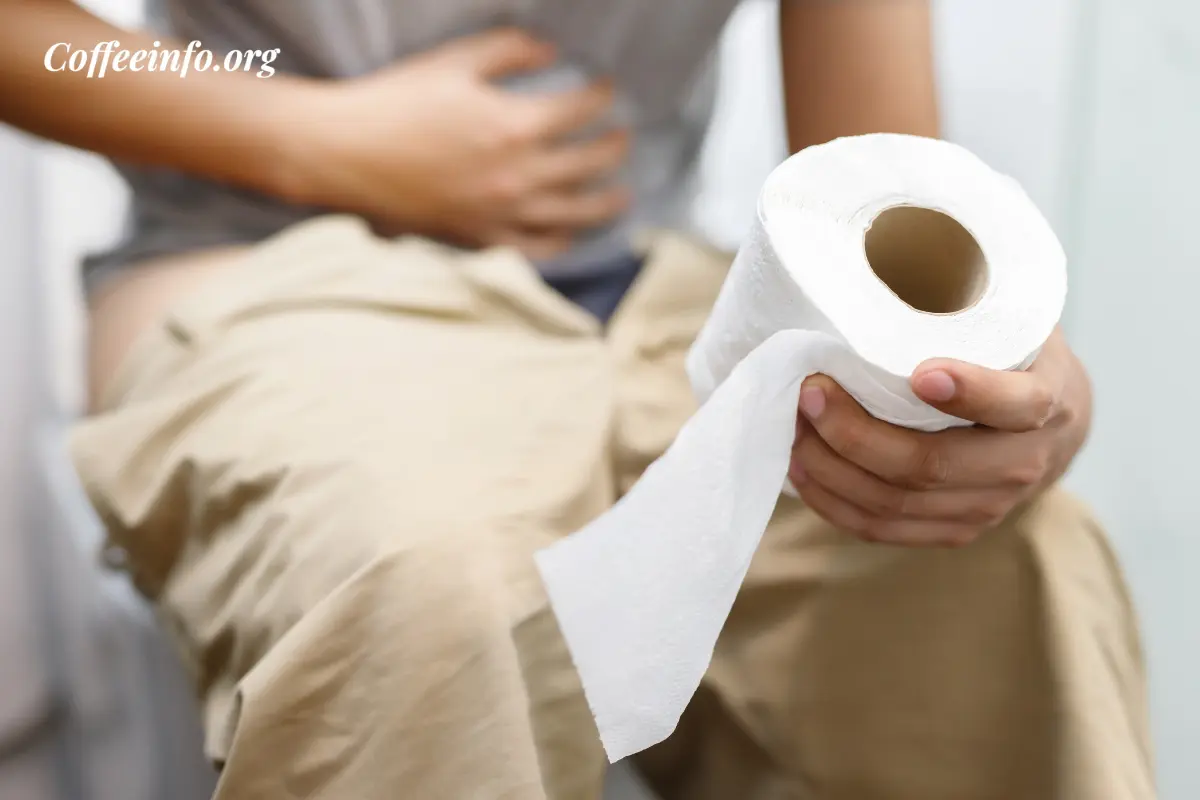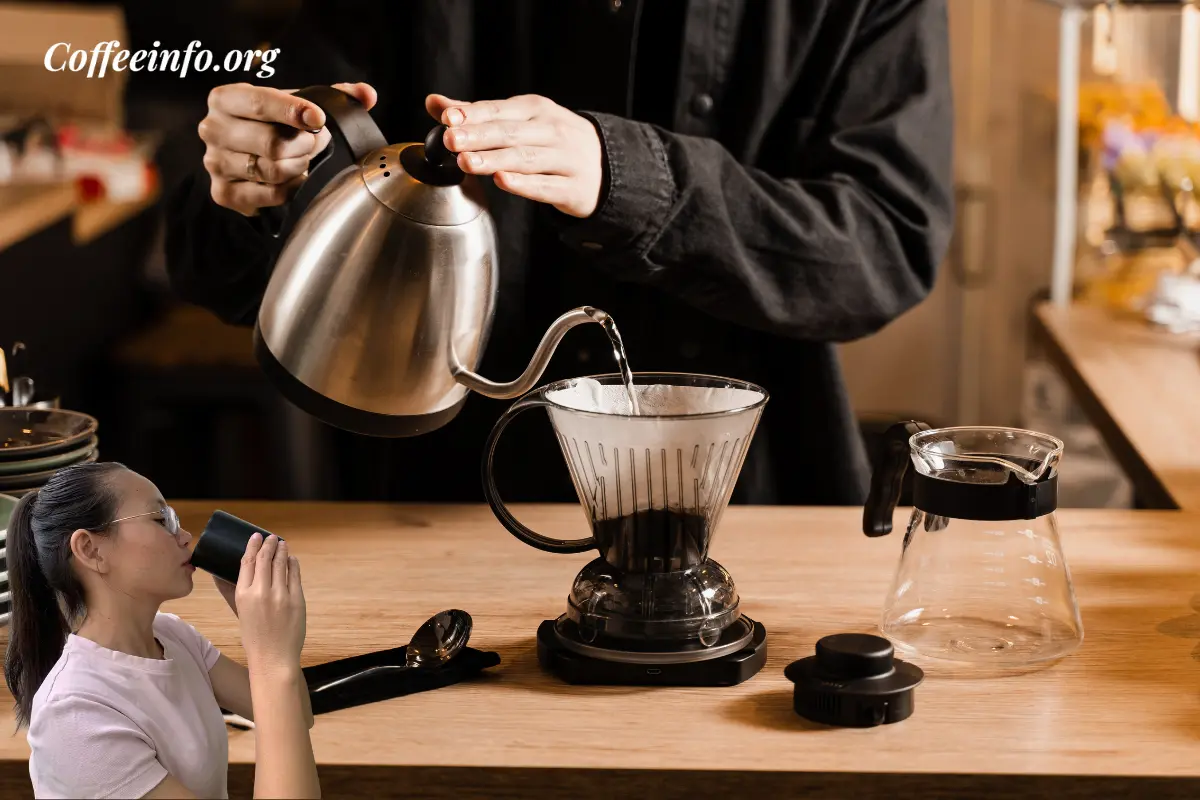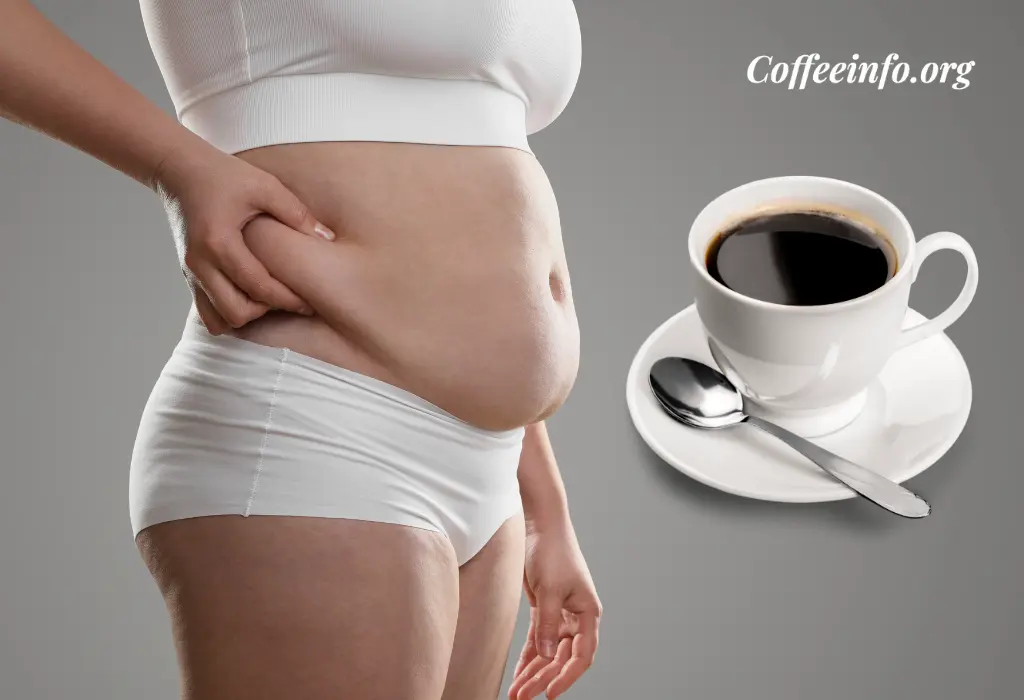Constipation is a common digestive complaint, affecting millions worldwide. Many people report that their morning cup of coffee helps “get things moving,” but is there scientific merit to this observation? This comprehensive guide explores the relationship between coffee and constipation, examining the latest research, mechanisms, and practical considerations for those seeking relief.
Table of Contents
How Coffee Affects the Digestive System
Coffee’s Impact on Gut Motility
Coffee is more than just a caffeinated beverage. It contains a complex blend of compounds — including caffeine, acids, and polyphenols — that interact with the digestive tract in multiple ways. Research consistently shows that coffee can stimulate gut motility, particularly in the colon, which is a key factor in relieving constipation.
- Caffeine is a well-known stimulant, not just for the brain but also for the gastrointestinal (GI) system. It increases the contractions of the colon and intestinal muscles, helping to move stool toward the rectum.
- Other Coffee Compounds such as chlorogenic acids, citric acid, and flavonoids also play a role in stimulating digestive activity, independent of caffeine.
Hormonal Effects
Coffee consumption increases the release of digestive hormones, including:
- Gastrin: Stimulates gastric acid production and enhances stomach contractions, promoting bowel movement.
- Cholecystokinin (CCK): Increases bile and pancreatic secretions, further aiding digestion and intestinal motility
- Motilin: Promotes coordinated muscle contractions in the gut, facilitating stool transit.
The Gastrocolic Reflex
Drinking coffee, especially in the morning, can trigger the gastrocolic reflex — a natural response that increases colon activity after eating or drinking, often resulting in the urge to have a bowel movement.
What Does the Research Say?
Large-Scale Population Studies
A 2024 cross-sectional study using NHANES data (over 13,000 participants) found that high caffeine intake was associated with significantly lower odds of constipation. The effect was consistent across young and middle-aged adults Notably, caffeinated coffee was more effective than decaf, highlighting caffeine’s role in constipation relief.
Systematic Reviews and Clinical Trials
A 2025 systematic review examined eight studies on caffeine and constipation. Four studies found caffeine effective in reducing constipation, while four others found no improvement or even worsening symptoms. The authors concluded that evidence is mixed, and more rigorous research is needed.
Mechanistic and Experimental Studies
- Coffee increases colonic motility within minutes of ingestion in about 29% of people.
- Both regular and decaf coffee can stimulate colon activity, but caffeinated coffee is more potent (60% more than water, 23% more than decaf).
- The effect is not solely due to caffeine; other compounds in coffee contribute to its laxative effect.
Individual Variation
Not everyone responds to coffee in the same way. Some people experience a strong urge to defecate after drinking coffee, while others notice little to no effect. Factors influencing this variability include genetics, gut microbiome composition, and habitual coffee consumption.
Potential Downsides: When Coffee Might Worsen Constipation
While coffee can help many people with constipation, it is not a universal remedy. In some cases, coffee may actually worsen constipation or cause other digestive issues:
- Dehydration: Caffeine is a diuretic. Excessive coffee intake without adequate water can lead to dehydration, which may harden stool and worsen constipation.
- Gut Irritation: Coffee’s acidity can irritate the GI tract, particularly in individuals with sensitive stomachs or conditions like IBS.
- Dependency: Relying on coffee for bowel movements may lead to dependency, making it harder to go without it.
- Additives: Milk, cream, or sugar added to coffee can cause or worsen constipation, especially in those with lactose intolerance or sensitivity to certain sweeteners.
Decaf vs. Regular Coffee
Both regular and decaf coffee can stimulate bowel movements, but regular (caffeinated) coffee is more effective due to its higher caffeine content. Decaf still contains other active compounds that promote gut motility, so it may be a suitable alternative for those sensitive to caffeine.
Practical Tips for Using Coffee to Relieve Constipation
- Moderation is Key: Up to 400 mg of caffeine per day (about 4–5 cups of coffee) is generally considered safe for most adults.
- Hydrate: Drink plenty of water alongside coffee to counteract any dehydrating effects.
- Monitor Additives: Limit milk, cream, and sugar, especially if you are lactose intolerant or sensitive to sweeteners.
- Timing: Morning coffee may be more effective due to the body’s natural circadian rhythms and heightened GI activity.
- Listen to Your Body: If coffee worsens your symptoms or causes discomfort, consider alternative remedies and consult a healthcare provider.
When to Avoid Coffee for Constipation
- Chronic Constipation: Persistent symptoms may indicate an underlying condition such as IBS, hypothyroidism, or neurological disorders. Coffee is not a substitute for medical evaluation.
- Sensitive GI Tract: Those with acid reflux, ulcers, or inflammatory bowel diseases may find coffee aggravates their symptoms.
- Pregnancy or Certain Medical Conditions: Consult your doctor about safe caffeine intake.
Frequently Asked Questions (FAQ)
Does coffee help with constipation?
Yes, coffee can help relieve constipation in many people by stimulating colon contractions and increasing gut motility. This effect is stronger with caffeinated coffee but can also occur with decaf.
How quickly does coffee work for constipation?
Coffee can stimulate bowel movements within minutes (as little as 4 minutes) for some individuals, especially when consumed in the morning.
Is decaf coffee effective for constipation?
Decaf coffee can still promote bowel movements, but caffeinated coffee is more effective due to its higher caffeine content. Other compounds in coffee also contribute to its laxative effect.
Can coffee worsen constipation?
In some people, especially those who are sensitive to caffeine or prone to dehydration, coffee may worsen constipation. Additives like milk or sugar can also contribute to digestive issues.
How much coffee should I drink to relieve constipation?
There is no official recommended dose for constipation relief. For most people, one or two cups may be enough, but effects vary. Do not exceed 400 mg of caffeine per day (about 4–5 cups).
Are there risks to using coffee as a laxative?
Potential risks include dehydration, dependency, GI irritation, and exacerbation of certain health conditions. Coffee should not be your only strategy for managing constipation.
What are other ways to relieve constipation?
Increase fiber intake, stay hydrated, exercise regularly, and consider other dietary or lifestyle changes. Consult a healthcare provider for persistent symptoms.
Resources and Further Reading
- Why does coffee help with digestion? – Harvard Health
- Does Coffee Help with Constipation? – Healthgrades
- Why Does Coffee Make You Poop? – Healthline
Discover More on Coffeeinfo.org
- Coffee and Digestive Health
- Caffeine Content in Different Coffees
- Coffee and Hydration
- Coffee and IBS: What You Need to Know
- Health Benefits of Coffee
Can Coffee Help with Constipation? Final Say
Coffee can be a helpful, natural remedy for constipation for many people, thanks to its ability to stimulate gut motility and digestive hormones. However, its effectiveness varies, and it is not a cure-all. Moderation, hydration, and attention to individual tolerance are key. If constipation persists, consult a healthcare professional for a comprehensive approach.
References
For the full text of the studies and more information, visit:
- BMC Public Health, 2024: Exploring the connection between caffeine intake and constipation
- Healthline: Why Does Coffee Make You Poop?
- Harvard Health: Why does coffee help with digestion?
- SingleCare: Can coffee relieve constipation?
For more on coffee and digestive health, visit Coffeeinfo.org.
This article is for informational purposes only and is not a substitute for professional medical advice. Always consult your healthcare provider for personalized recommendations.







Leave a Reply